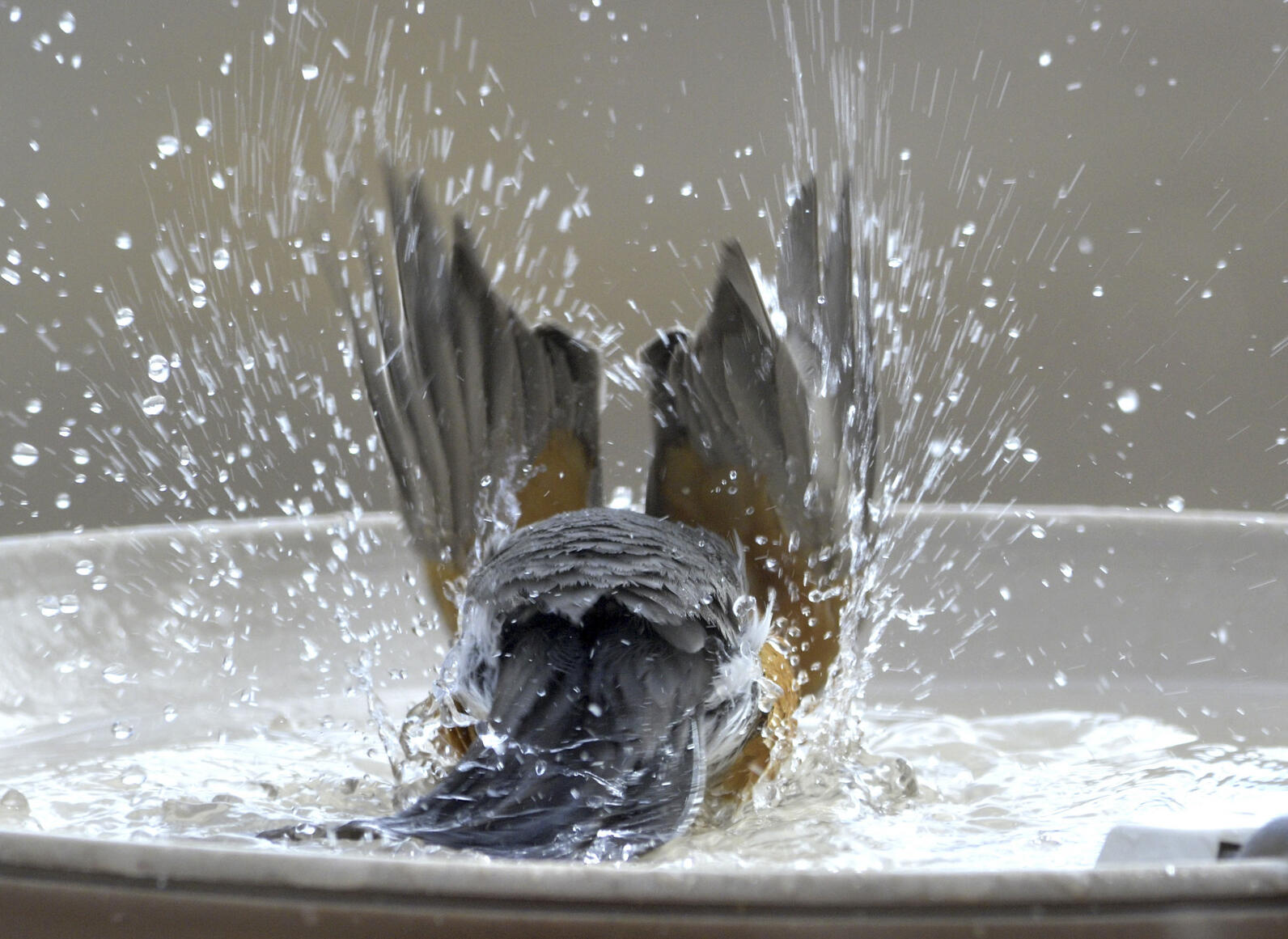The LNU Lightening Fires reached Bobcat Ranch, a 6,800 acre blue oak conservation property and certified Audubon Conservation Ranch. We are grateful to report that due to the prevention work and prescribed fires by CAL FIRE and our staff, we successfully protected Bobcat Ranch’s infrastructure and surrounding developments. The immediate threat has passed and now we enter the phase of clean-up, damage assessment and repair.
While uncontrolled wildfires can be devastating to the Blue Oak Woodlands at Bobcat Ranch, prescribed and low intensity burns can be very beneficial especially in conjunction with a well-planned grazing regime. They facilitate faster growth and establishment of Blue Oaks, and control nonnative grasses and brush, which supports the ranch’s breeding grounds for 57 types of birds, including California Quail, Acorn Woodpecker, American Kestrel, Red-tailed Hawk, California Scrub Jay, Western Kingbird, Western Bluebird, and Lark Sparrow.
Fire is a complex ecosystem process that shapes a variety of bird communities in California. Birds, of course, are highly mobile. The songbirds that largely populate the forests and grasslands typically can fly out of the path of the flames in most instances. But when birds move into other habitat areas, they must then compete with resident birds for limited food and water.
Right now, we’re at the start of songbird migration with lots of birds coming south, looking for their usual resting spots. Bird migration is a series of stops, each of which are vital to a bird’s survival. If fires burn any of those stopping points, the birds will have a harder time resting and refueling to complete their journeys.
The next few months will be particularly important times for people to put out food and water for birds, particularly if they live near the burn areas. Many people report that they never saw a species of bird at their feeders until there was a big fire nearby. These birds migrating through are going to need some help.

While we are out of danger at Bobcat Ranch, much of the state and some Audubon centers and sanctuaries are still at risk or experiencing active fires. We appreciate the work of all Audubon’s property managers and staff, including Dash Weidhofer, Ranch Manager of Bobcat Ranch, and Olivia Raine, on fire preparedness and fire watch.
We are grateful for the work of our first responders and firefighters. Our hearts go out to everyone feeling the impacts of these fires and we hope you stay safe.



